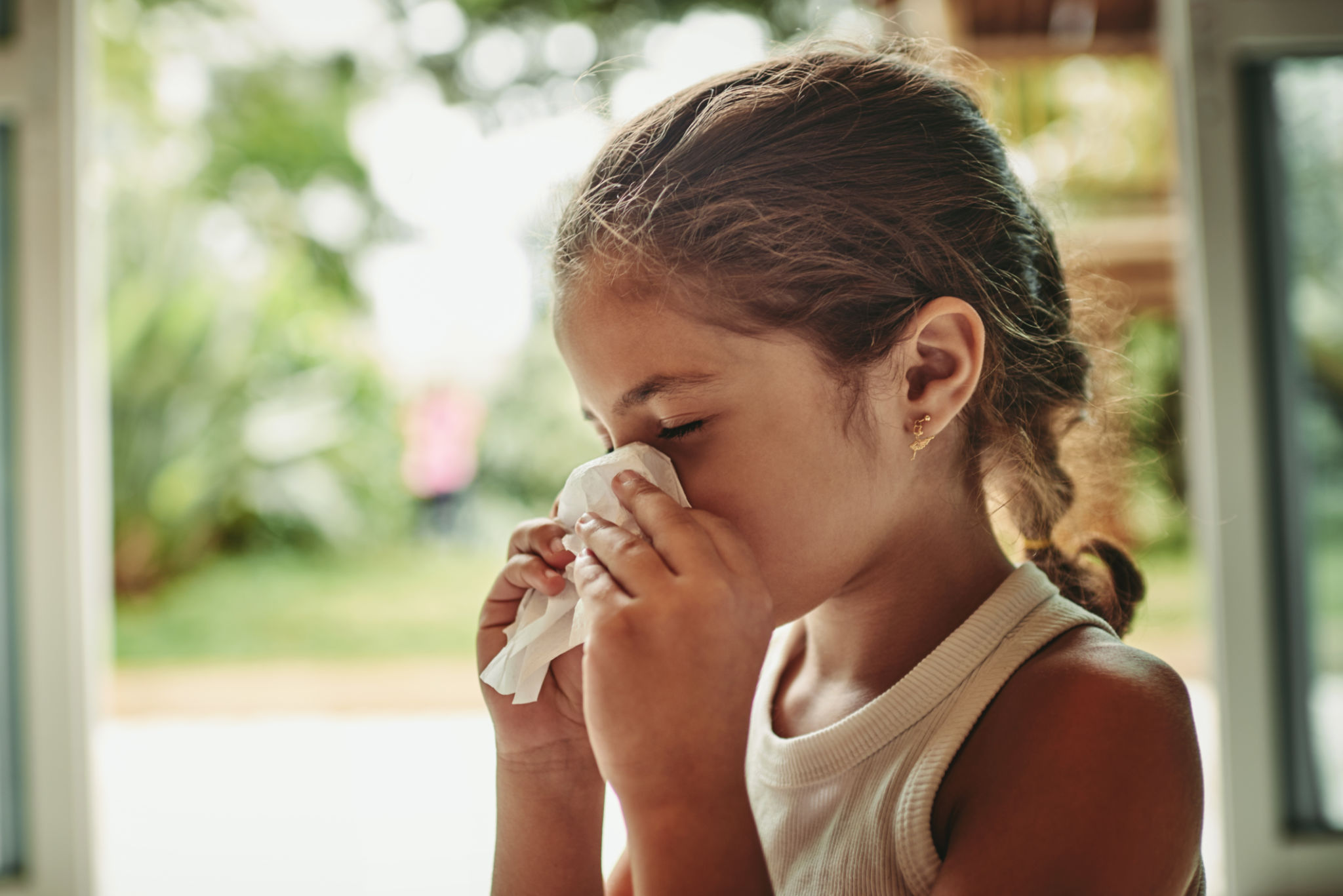Flu Season Myths Debunked: Get the Facts from Emmanuel Clinic
Understanding Flu Season Myths
As flu season approaches, it's important to separate fact from fiction. Unfortunately, many myths surrounding the flu can lead to confusion and misguided decisions about healthcare. The team at Emmanuel Clinic is here to debunk some of these common misconceptions, ensuring you have the information you need to stay healthy.
One prevalent myth is that the flu is just a bad cold. While both are respiratory illnesses, they are caused by different viruses and the flu can lead to serious health complications. Recognizing the difference can help in seeking timely medical attention.

The Truth About Flu Vaccines
A common myth is that the flu vaccine can give you the flu. This is not true. Flu vaccines are made with either inactivated viruses or a single gene from a flu virus, neither of which can cause infection. If you experience mild symptoms post-vaccination, it's your body's typical response to building protection.
Another misconception is that getting vaccinated once is enough. The flu virus changes frequently, which is why it's recommended to get vaccinated annually. Each year, the vaccine is updated to protect against the most current strains.

Natural Immunity vs. Vaccination
Some believe that natural immunity from having the flu is better than vaccination. While natural infection might offer some immunity, it comes with risks like severe illness or hospitalization. Vaccination is a safer route to immunity, offering protection without the associated dangers of the flu.
Addressing Flu Treatment Myths
A widely held belief is that antibiotics can treat the flu. However, since the flu is caused by a virus, antibiotics are ineffective. Antiviral medications can help reduce symptoms and duration if taken early in the course of illness.
There's also the notion that you don't need to see a doctor for flu symptoms. While many cases are mild, medical advice is valuable, especially for those in high-risk groups like young children, the elderly, or those with chronic conditions.

Preventative Measures and Misunderstandings
Some people think that maintaining good hygiene alone can prevent the flu. While hand washing and avoiding contact with sick individuals are important, vaccination remains the most effective prevention method.
Finally, there's the belief that avoiding cold weather prevents the flu. The virus spreads more easily in colder temperatures, but it's not caused by them. Indoor gatherings during colder months contribute to transmission.
At Emmanuel Clinic, we encourage everyone to stay informed and take proactive steps during flu season. Trust in reliable sources and consult healthcare professionals to make informed decisions about your health.